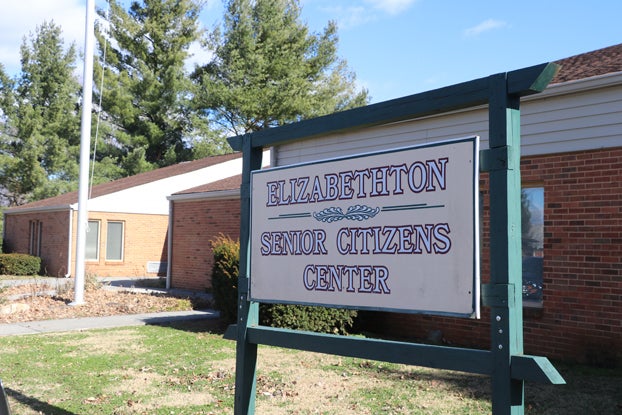ETSU leads effort to establish Johnson City Recovery Center
Published 9:22 am Thursday, September 15, 2022
|
Getting your Trinity Audio player ready...
|
East Tennessee State University is taking the lead in establishing the first recovery community center in the Northeast Tennessee region.
The Johnson City Recovery Center (JCRC) was proposed by Dr. Dorothy “Dottie” Greene, associate professor of social work and graduate coordinator for Addiction Counseling Studies, and will be guided by an advisory board with membership from throughout the region.
The JCRC was recently approved for $1.2 million in funding by the Washington County Commission. It is one of several projects related to addiction recovery the commission is funding through the “Baby Doe” opioid lawsuit settlement.
The JCRC is intended “to create a safe, recovery-oriented environment to help bridge the gap between professional treatment services and mutual aid recovery organizations, and to offer community-based linkages and services that address the psychosocial barriers to addiction recovery and increase sustained recovery among JCRC’s participants,” according to the proposal. It is based on the recovery community center (RCC) model of Harvard’s Recovery Research Institute.
Greene will serve as executive director of the JCRC. The advisory board is comprised of representatives from such coordinating agencies as Frontier Health, East Tennessee Recovery, Ballad Health, Catalyst Health Solutions, Overmountain Recovery, Sullivan County Anti-Drug Coalition and more.
Making the JCRC unique is that Greene and all but two members of the advisory board identify as people in recovery, which gives them the perspective of having stood where those they will serve find themselves.
“I entered addiction recovery at age 21,” Greene said, “and ever since, my life has been dedicated to supporting those striving for recovery and/or training professionals to become addiction counselors. This is my life’s work.”
Staff peer support specialists, volunteers from the recovery community and ETSU Department of Social Work student interns will coordinate volunteers, provide education and recovery information, develop and facilitate social activities, link participants to community-based resources, provide technological and employment assistance, and more. In addition to social work students, ETSU nursing, pharmacy, nutrition and public health students will be involved in providing educational sessions on addiction recovery and health-related topics. The ETSU Addiction Science Center has also offered full support for this project.
“We are so excited to receive this funding and the confidence of the Washington County Commission in starting this center, which will have such a positive impact on the lives of individuals, families and communities not only in Washington County, but throughout the surrounding region,” Greene said. “This will fill a huge gap in the recovery ecosystem in the Tri-Cities and the region, as the closest RCCs to our area are in Knoxville and Asheville, N.C.”
The ETSU Department of Social Work is part of the College of Clinical and Rehabilitative Health Sciences.




